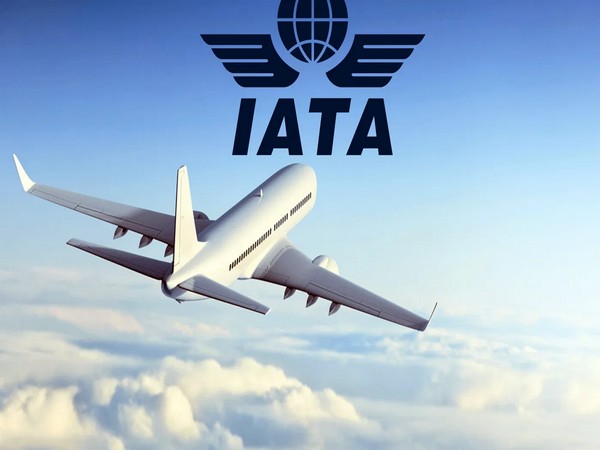Sustainable Aviation Fuel production set to grow, says IATA

As efforts continue to reduce carbon emissions, international airlines' grouping IATA on Tuesday said the production of Sustainable Aviation Fuel (SAF) is set for continued growth with a wide geographic footprint spread across North America, Europe and Asia Pacific.
The International Air Transport Association (IATA) expects overall renewable fuel production to reach an estimated capacity of at least 69 billion litres (55 million tonnes) by 2028.
The grouping of more than 300 airlines has also pitched for production incentives to support the aviation industry's energy transition as well as for continued approval for more diversification of methods and feedstocks available for SAF production.
With these two measures successfully in place, the expected 2028 production levels would be realistically aligned with recently published roadmaps to net zero carbon emissions by 2050, IATA Director General Willie Walsh said.
According to IATA, SAF will comprise a portion of this growing output, which is being achieved through new renewable fuel refineries and the expansion of existing facilities.
Importantly, the expected production has a wide geographic footprint covering North America, Europe and Asia Pacific, it said in a release.
In 2022, SAF production tripled to some 300 million litres (2,40,000 tonnes).
IATA counts more than 130 relevant renewable fuel projects announced by more than 85 producers across 30 countries.
''If renewable energy production reaches 69 billion litres by 2028 as estimated, the trajectory to 100 billion litres (80 million tonnes) by 2030 would be on track. If just 30 per cent of that produced SAF, the industry could achieve 30 billion litres (24 million tonnes) of SAF production by 2030,'' the release said.
SAF can be produced from surplus forestry and agricultural residues, municipal solid waste, food waste and wet wastes (third-generation feedstocks).
''Producing SAF from these can create a long-term return on investment opportunities for governments, with the potential of financing the clean-up of the environment, supporting developing economies and delivering a future-proofed intersection of energy transition and energy security,'' the release said.
Citing a recent survey done by it, IATA said the results showed significant public support for SAF and that around 85 per cent of travellers agreed that governments should provide incentives for airlines to use SAF.
To promote SAF production, Walsh said there are many tried and tested tools, including tax credits, grants, or even direct investments in emerging technologies and solutions. ''The market is there. Airlines want to purchase SAF. Anything to meaningfully incentivise SAF production will be a step forward.'' PTI RAM (The correspondent is in Istanbul on the invitation of IATA) BAL BAL
(This story has not been edited by Devdiscourse staff and is auto-generated from a syndicated feed.)










